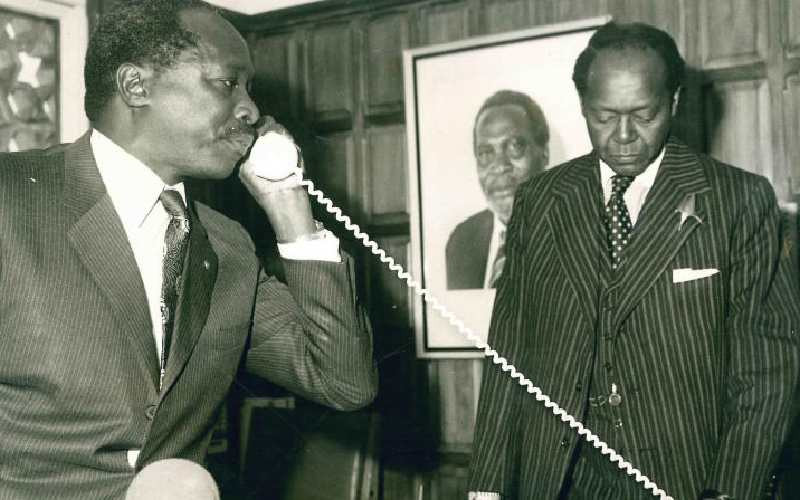×
The Standard e-Paper
Stay Informed, Even Offline

When things finally fell apart to an extent that the centre could no longer hold, mere anarchy was loosed on the Duke of Kabete, Charles Mugane Njonjo's empire, and his foibles were exposed.
When he was ultimately pulled off the pedestal in 1982, the country learned how the fallen constitutional minister who had previously served as the country's Attorney General had illegally acquired a string of diplomatic passports.